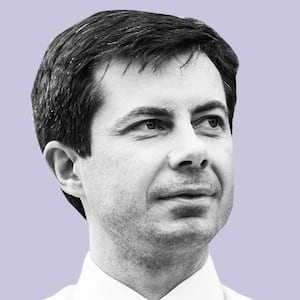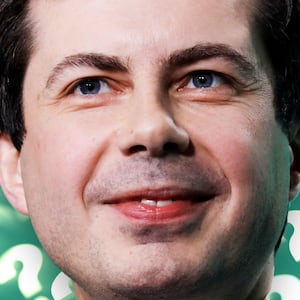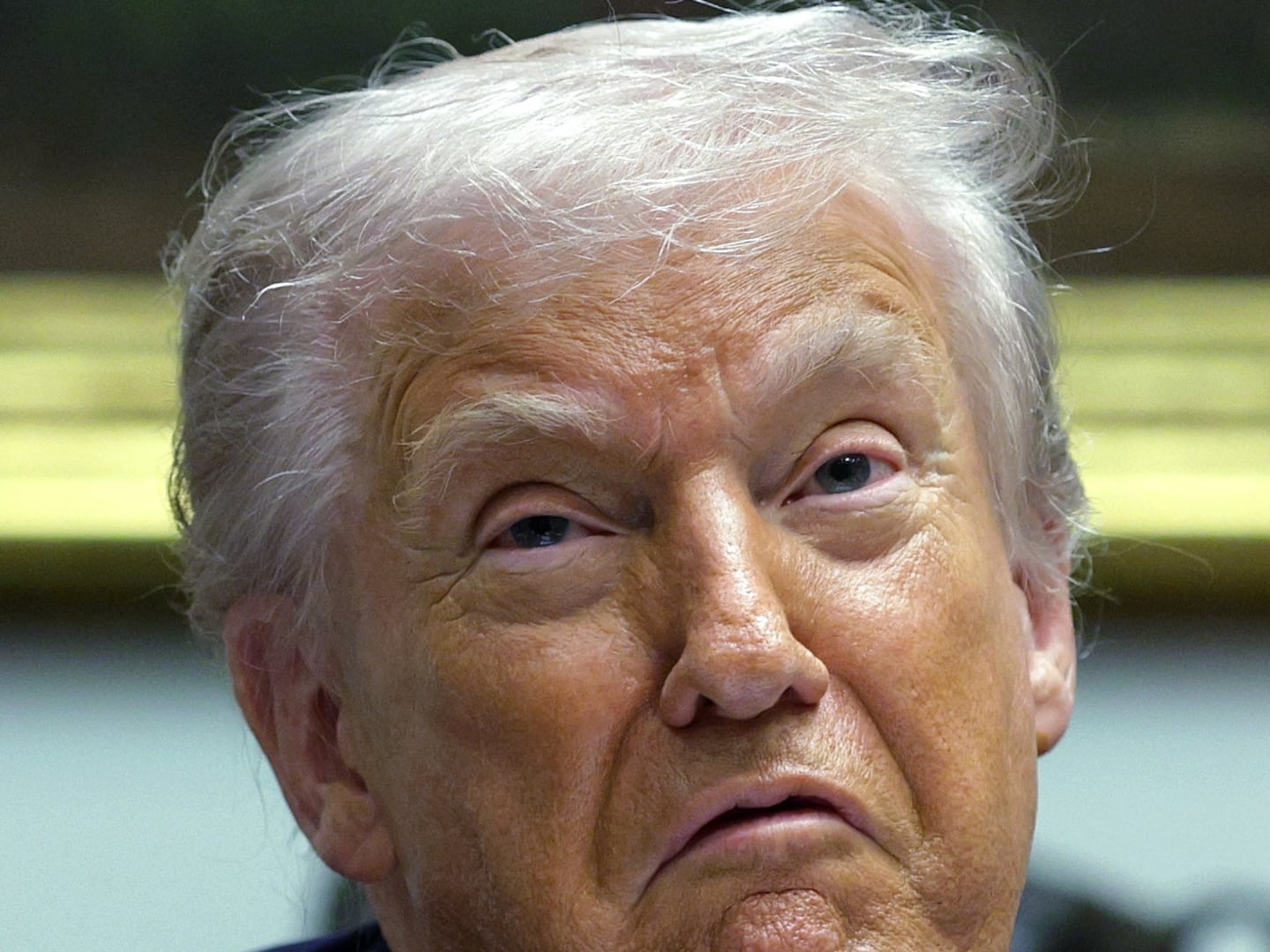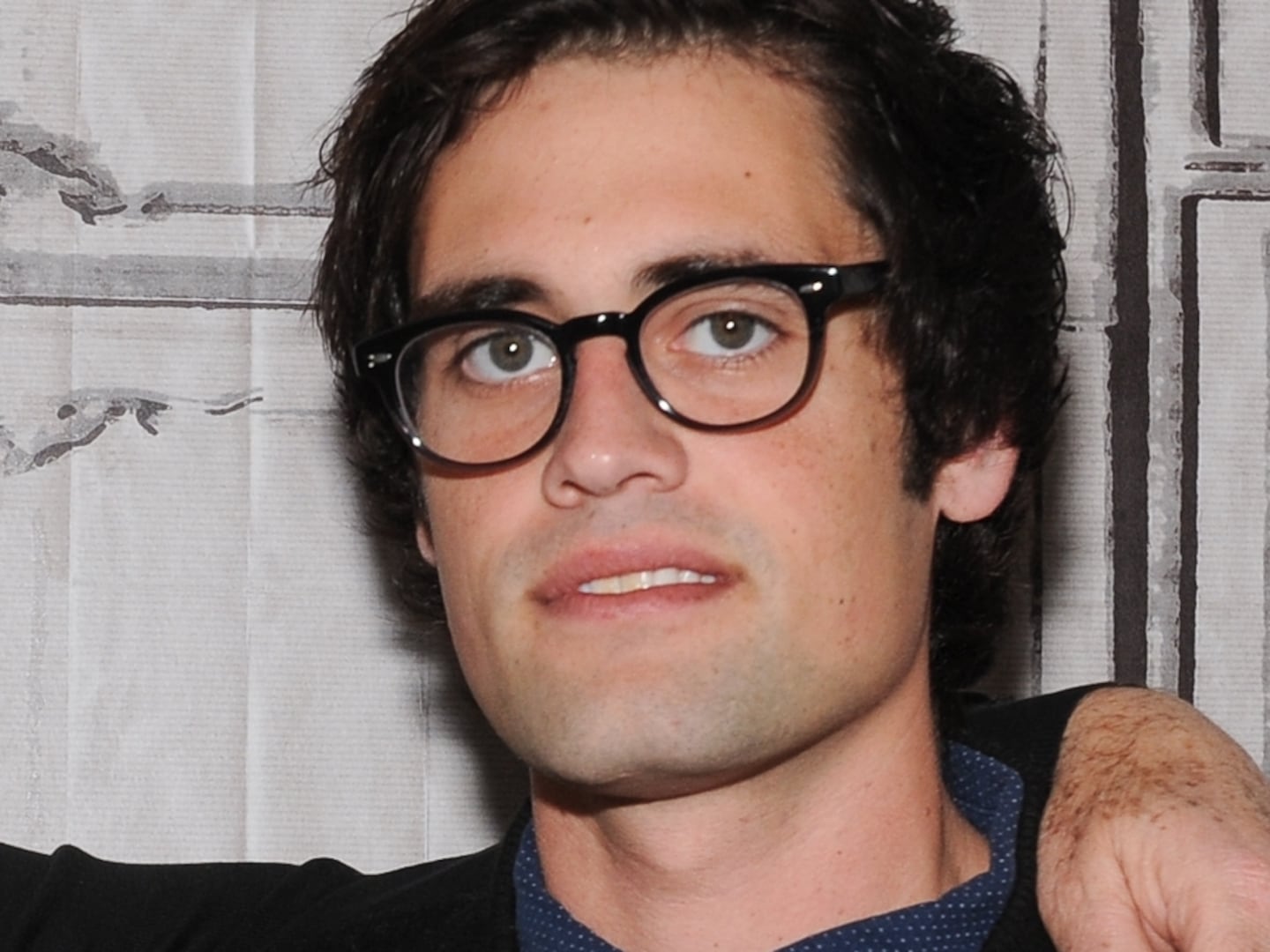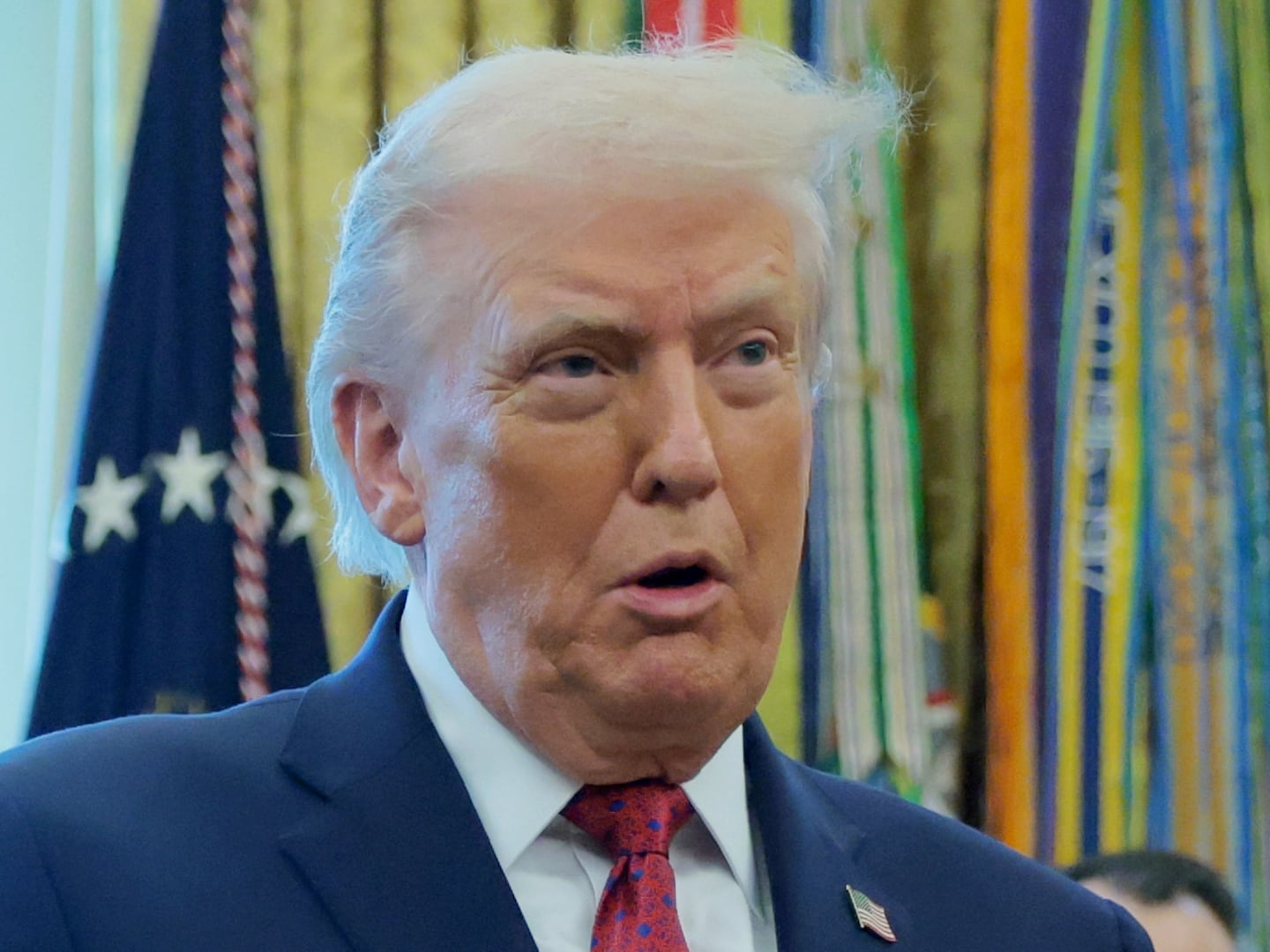Pete Buttigieg’s presidential campaign is taking proactive steps for the possibility of a contested convention, including an aggressive effort to court Democratic Party insiders who could cast crucial votes in such a scenario.
The South Bend mayor’s team held a conference call with a group of so-called superdelegates on Monday to ask them for their support, according to an invite obtained by The Daily Beast. It was just the latest sign that the mayor’s aides are still playing catch-up against competitors such as former Vice President Joe Biden, who has been cultivating relationships with party insiders for nearly 40 years. But it also signals that—for all the focus on the early voting states—Buttigieg's team sees a convention floor fight as a possible path towards securing the party’s nomination.
Two sources familiar with the campaign’s strategy say that while the campaign is confident they can win the nomination battle outright, they think it’s smart politics to prep for the possibility of an open convention. The invitation for the call, which came from Buttigieg’s national delegate director, George Hornedo, was explicit in its purpose. “Mayor Pete wants to touch base to hear your ideas,” it read, “and see how he might be able to earn your support amongst this great group of competitors.”
The roughly 40-minute call, which The Daily Beast joined, featured an introduction from Hornedo as well as Buttigieg’s campaign manager Mike Schmuhl, who spoke about early state strategy. In addition, senior adviser Jess O’Connell—the former Democratic National Committee CEO who joined Buttigieg’s campaign in July—and national policy director Sonal Shah gave brief remarks.
“We wanted to hold this call to hear from you,” Buttigeig told delegates before fielding questions on everything from the role of U.S. territories in the election to earning the youth vote and winning states such as Pennsylvania.
The courting of superdelegates has taken place during every modern Democratic presidential campaign. But after the Democratic National Committee instituted a rules reform package at their 2018 summer meeting, the significance of those party insiders was supposed to have lessened. Responding to complaints from supporters of Sen. Bernie Sanders—who had decried a “rigged” primary in 2016—the DNC made it so that superdelegates could no longer vote on the party’s first presidential primary ballot.
But the reforms still allowed the 769 superdelegates to vote if the convention was contested. And with a historically crowded field running for the party’s nomination, the possibility of a contested convention has become more likely, prompting campaigns to accelerate their courtship of superdelegates.
“Nobody wants to anticipate a campaign where we go to a second ballot, but if you’re smart you have to,” said Jed Ober, Hillary for America’s deputy delegate director in 2016 and chief of staff to Rep. Susan Wild of Pennsylvania, who is uncommitted but was invited to the call. Ober joined Monday’s call on Wild’s behalf. He said the Buttigieg campaign was the first to reach out this cycle and that all signs point to them building a sophisticated delegate-wrangling operation.
“Any of these campaigns that have a legitimate shot to win should be doing this,” Ober said.
Though Buttigieg finished atop the second-quarter fundraising race, with more than $22.6 million cash on hand, his momentum has plateaued in recent weeks, and he is polling fifth in early states such as Iowa and New Hampshire. On the call, Schmuhl said “we’re right there at sort of the lower part of the top tier, but we’re there, we’re staying, and we’re just going to keep building.” The South Bend mayor has time to improve his standing, including in critical early voting states. And he will need to do so. In the case of a contested convention, superdelegates are unlikely to throw their support behind candidates who don’t win their state’s primaries or who lack a substantial number of pledged delegates from other primary wins.
Chris Meagher, Buttigieg’s national press secretary, did not immediately return a request for comment.
According to elected DNC members who have been courted by other campaigns, Buttigieg’s overtures have been more personalized. “This is a little bit different—it’s actual hands-on content,” said Alma Gonzalez, of Tampa, Florida’s only Hispanic elected member of the DNC, who remains uncommitted to a candidate.
Gonzalez, who was invited to the call but wasn’t able to attend, said Buttigieg’s efforts are further along than those being conducted by former Vice President Joe Biden, Sen. Kamala Harris (D-CA), and former Rep. Beto O’Rourke (D-TX).
“He’s taking the right step by trying to engage DNC members this early,” she said. “When you’re looking at the number of candidates we have right now, that may end up becoming something really important. When I have this level of engagement from a candidate, it’s an indication to a certain level that that candidate is thinking strategically.”
In addition to hosting conference calls, Buttigieg’s campaign has been topping the candidate’s call list lately with outreach to superdelegates and focusing his campaign stops on delegate-rich districts. His campaign also has ensured that superdelegates have access to him at his grassroots events, according to a person familiar with his day-to-day schedule.
“You never want to go out on a dance floor and ask a girl for a dance if you haven’t introduced yourself previously,” Bob Mulholland, the longtime-DNC member from California who has endorsed Sen. Kamala Harris, and who joined the call, told The Daily Beast.


